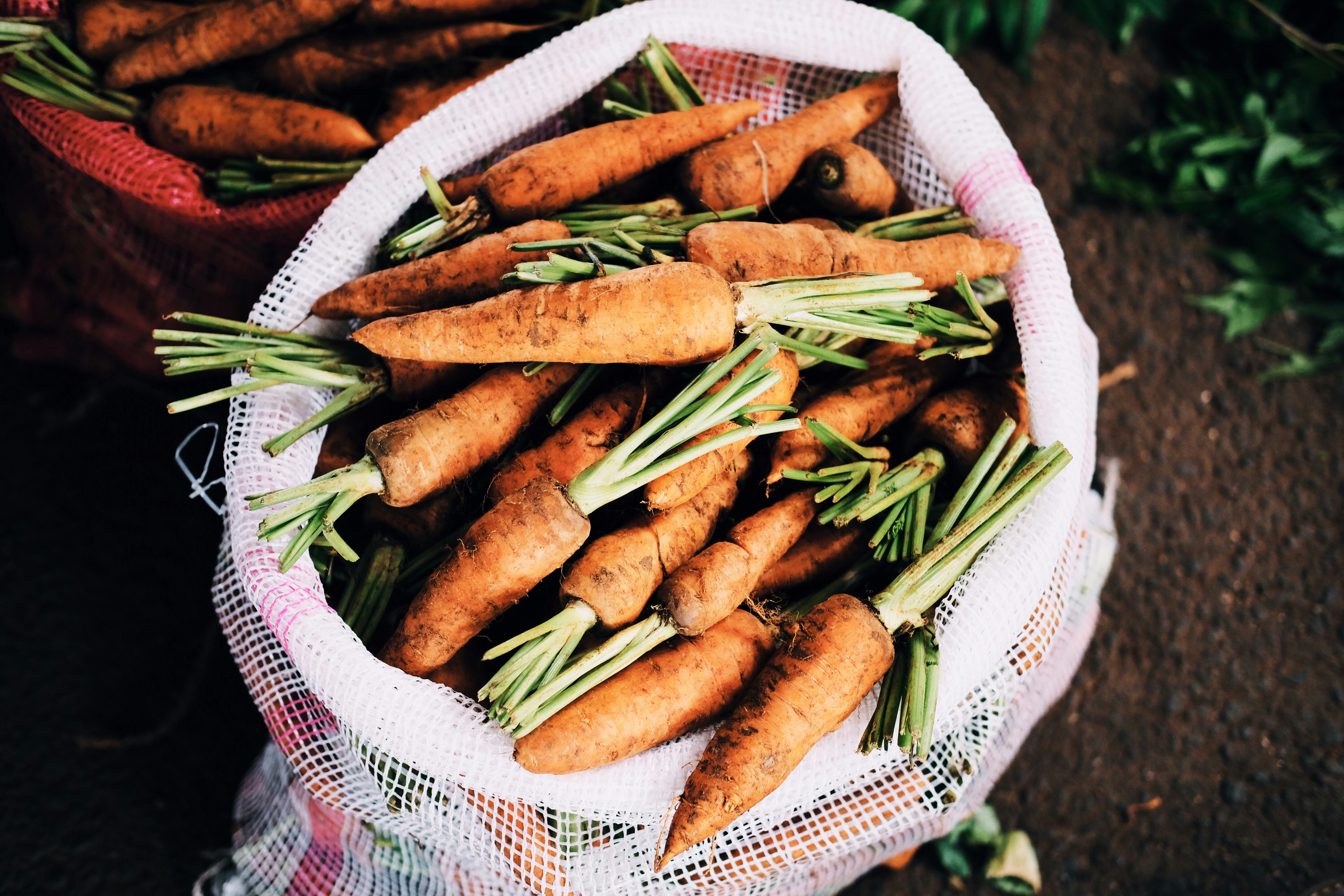
Food Co-ops and Produce Co-ops: Your Complete Guide
Region: All Regions
Best Time to Visit: Year-round
Food Co-ops and Produce Co-ops: A Complete Guide
Food cooperatives represent a powerful way to connect communities with fresh, local food while supporting sustainable agriculture. Whether you’re looking for a produce co-op, a full-service food co-op, or a buying club, this comprehensive guide will help you understand how co-ops work and find the right option for your needs.
What Are Food Co-ops?
Food cooperatives are member-owned organizations that provide access to local, sustainable food through collective buying power. Unlike traditional grocery stores, co-ops prioritize:
Community Ownership
Members own the co-op collectively, with each member getting one vote in decisions. This democratic structure ensures the co-op serves its community’s needs while supporting local organic farms and sustainable food systems.
Direct Farmer Relationships
Co-ops often work directly with local farmers, including those offering heritage meat, farm fresh eggs, and artisanal cheese. These partnerships ensure fair prices for farmers while providing members with the highest quality local products.
Sustainable Practices
Most co-ops emphasize:
- Local sourcing to reduce transportation
- Sustainable and organic farming practices
- Minimal packaging and waste reduction
- Support for small-scale agriculture
- Fair labor practices
Types of Food Co-ops
Full-Service Food Co-ops
These operate like grocery stores but with a cooperative ownership model:
- Complete grocery selection
- Fresh produce department
- Local meat and dairy
- Bulk foods section
- Natural products
- Community programs
Produce Co-ops
Focused specifically on fresh fruits and vegetables:
- Regular produce distributions
- Seasonal availability
- Bulk buying opportunities
- Direct farm relationships
- Member volunteering options
Buying Clubs
Informal groups that combine purchasing power:
- Group orders from wholesalers
- Shared bulk purchases
- Flexible participation
- Lower overhead costs
- Community-driven
Benefits of Co-op Membership
Economic Benefits
-
Member Discounts
- Regular member sales
- Bulk purchase savings
- Special order discounts
- Annual patronage refunds
-
Better Prices Through Volume
- Group buying power
- Wholesale access
- Reduced markup
- Season planning
Community Benefits
-
Local Food System Support
- Direct farmer relationships
- Fair prices for producers
- Local economy investment
- Sustainable agriculture
-
Educational Opportunities
- Cooking classes
- Nutrition workshops
- Farm tours
- Food preservation training
How Co-ops Work
Membership Structure
Most co-ops offer multiple ways to participate:
Basic Membership
- Annual dues
- Shopping privileges
- Member discounts
- Voting rights
Working Membership
- Reduced dues
- Regular volunteer shifts
- Additional discounts
- Deeper involvement
Core Membership
- Leadership roles
- Committee participation
- Board eligibility
- Strategic planning
Sourcing Practices
Co-ops typically prioritize local sources first, then expand their network as needed:
-
Local Farms (within 100 miles)
- Fresh produce
- Dairy products
- Meat and eggs
- Value-added products
-
Regional Producers
- Specialty items
- Seasonal extensions
- Supplemental products
-
National/International
- Fair trade products
- Off-season produce
- Specialty goods
- Shelf-stable items
Finding the Right Co-op
Questions to Ask
When evaluating co-ops, consider:
-
Membership Requirements
- Initial investment
- Annual dues
- Volunteer expectations
- Member benefits
-
Product Selection
- Local percentage
- Organic options
- Special diets
- Bulk availability
-
Location and Access
- Store hours
- Parking
- Public transit
- Delivery options
Getting Started
-
Visit First
- Attend open house
- Shop as non-member
- Meet current members
- Ask questions
-
Start Small
- Basic membership
- Try different products
- Attend events
- Learn systems
-
Grow Involvement
- Volunteer opportunities
- Committee work
- Leadership roles
- Community events
Beyond Shopping: Building Community
Food co-ops often serve as community hubs, offering:
Educational Programs
- Cooking demonstrations
- Nutrition classes
- Farm tours
- Food preservation workshops
Community Events
- Member meetings
- Seasonal celebrations
- Farm-to-table dinners
- Family activities
Advocacy Work
- Food policy initiatives
- Sustainability projects
- Farmer support programs
- Food access efforts
Starting a Co-op
If there isn’t a co-op in your area, consider starting one:
Initial Steps
- Gather interested people
- Research local needs
- Connect with farmers
- Plan structure
- Develop business plan
Resources Needed
- Core member group
- Legal assistance
- Business planning
- Initial capital
- Member recruitment
Finding Food Co-ops Near You
Use our farm directory to:
- Search for local co-ops
- Compare programs
- Read member reviews
- Contact organizers
Many co-ops work closely with local farmers markets and often feature products from local organic farms. They’re excellent sources for farm fresh eggs, heritage meat, and artisanal cheese.
Ready to Join a Co-op?
Take the first step toward community-supported food by exploring our directory of local food cooperatives. Many co-ops welcome visitors and offer orientation sessions for prospective members.
Remember, joining a food co-op isn’t just about buying food – it’s about becoming part of a community dedicated to sustainable, local food systems. Your membership helps create a more resilient and equitable food future while providing access to the highest quality local products.
Ready to Connect with Local Farms?
Find farms, CSA programs, and farm stands in your area.
Find A Local Farm